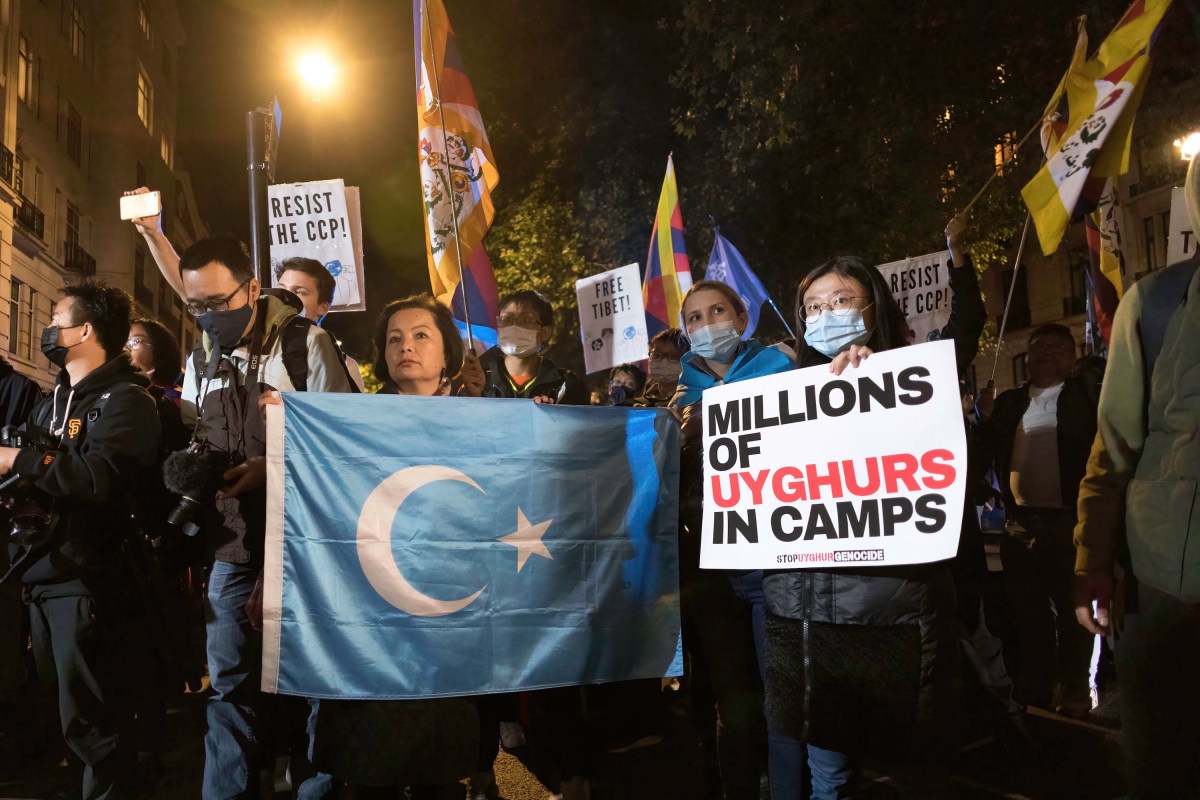Recent Cyber Attack Targets Uyghur Exile Leaders
In a concerning development, leaders of the exiled Uyghur community were recently targeted in a sophisticated cyber espionage campaign. The attack, which occurred last month, involved the use of Windows-based spyware designed to infiltrate the devices of prominent members of the World Uyghur Congress (WUC). The WUC is a key organization representing the Uyghur Muslim minority, a group that has faced systemic oppression, surveillance, and human rights violations for years under the Chinese government’s policies.
Key Details of the Attack:
- The campaign was first detected by Google in mid-March 2024, prompting alerts to affected WUC members.
- Attackers used phishing emails disguised as trusted contacts, directing victims to download password-protected files hosted on Google Drive.
- Malicious files were embedded within a compromised version of a Uyghur-language text editor, a strategic choice to exploit cultural and linguistic familiarity.
According to a detailed report by Citizen Lab, a digital rights research group at the University of Toronto, the attackers demonstrated a deep understanding of the Uyghur community’s dynamics. While the technical execution of the attack was not particularly advanced—lacking zero-day exploits or commercial spyware—the social engineering tactics were highly effective. By impersonating trusted individuals and leveraging culturally relevant software, the hackers increased the likelihood of their malicious payloads being executed.
This incident underscores the persistent digital threats faced by Uyghur activists and exile groups. Over the years, reports have documented China’s extensive surveillance infrastructure targeting Uyghurs, including mass data collection, facial recognition systems, and intrusive monitoring of religious and cultural activities. The latest attack adds to a growing list of cyber operations aimed at silencing dissent and disrupting advocacy efforts.
Broader Implications:
- Highlighted the ongoing vulnerability of marginalized communities to state-sponsored cyber operations.
- Raised questions about the role of tech platforms in detecting and mitigating politically motivated attacks.
- Emphasized the need for enhanced cybersecurity measures among activist groups and NGOs operating in high-risk environments.
Citizen Lab’s investigation revealed that the attackers’ success hinged on their ability to blend technical deception with psychological manipulation. By exploiting trust within the Uyghur diaspora, the hackers bypassed traditional security measures, demonstrating that even low-tech attacks can yield significant results when paired with intimate knowledge of a target’s social networks.
Sources: Citizen Lab, Google Threat Analysis Group, and independent cybersecurity researchers.















